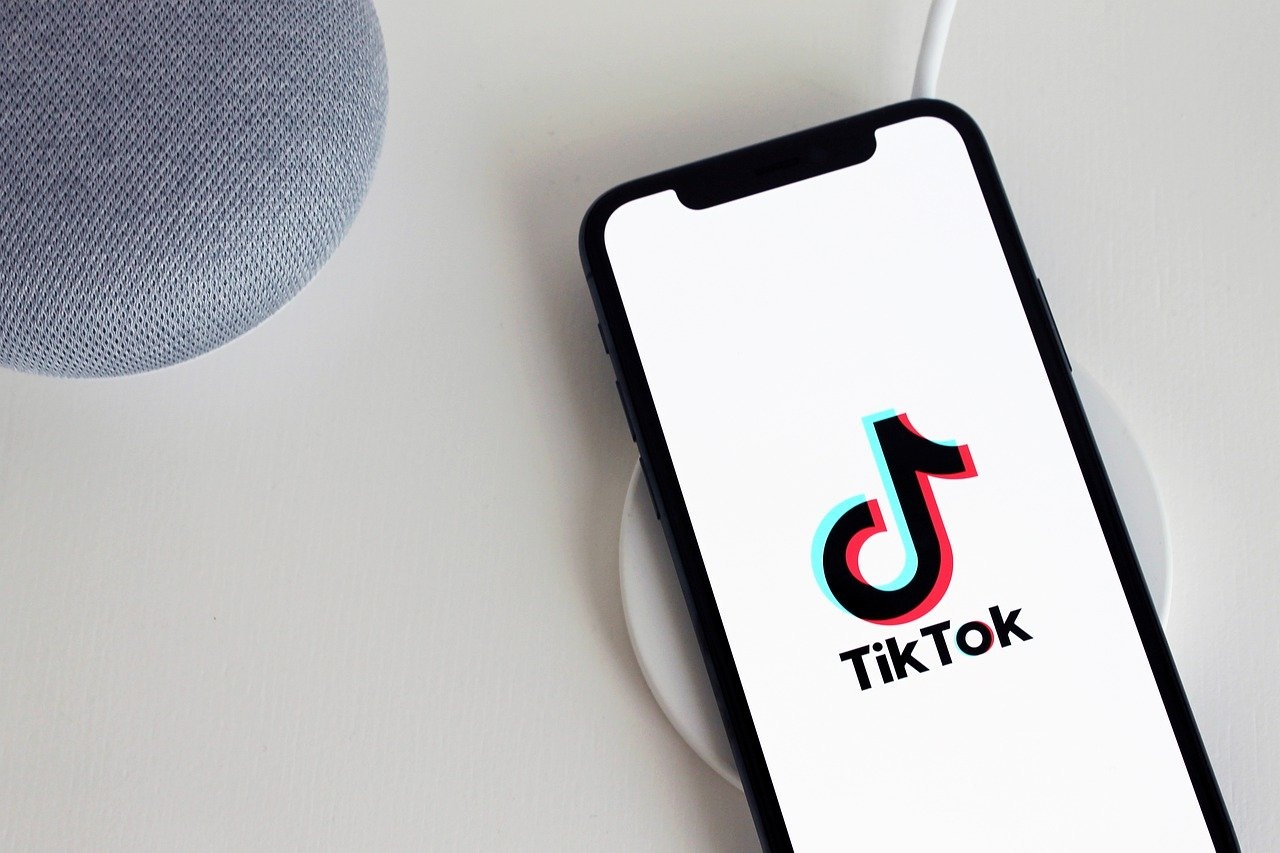Comments
- No comments found

TikTok, the popular short-form video platform, has found itself entangled in a dispute with Universal Music Group (UMG), resulting in the removal of music from major artists, including Taylor Swift, The Weeknd, and Olivia Rodrigo.
The clash stems from the expiration of a licensing agreement between TikTok and UMG, with the inability to reach a new deal. This has led to a significant upheaval on the platform, affecting a wide array of artists and creating waves within the music industry.
The fallout between TikTok and UMG comes as a licensing agreement between the platform and the record label expired. The failure to negotiate a new deal has prompted TikTok to remove music from UMG artists, impacting videos that featured their songs. UMG alleges that TikTok sought to pay a disproportionately low rate for access to its extensive catalog of songs, sparking tensions between the two entities.
The repercussions of this dispute are felt directly by artists and their music. Videos featuring UMG songs on TikTok will be muted, and users will be unable to create new content using those tracks. This move affects artists such as Ariana Grande, Katy Perry, and Billie Eilish, whose music has either disappeared from their official pages or seen a significant reduction. The impact extends beyond chart-toppers, affecting emerging artists like Noah Kahan and Cody Fry, who have seen their ability to promote new releases on TikTok hindered.
The decision has triggered reactions from artists worldwide. Noah Kahan expressed his frustration on TikTok, highlighting the challenge of promoting new music without access to the platform's wide user base. Cody Fry, caught in the crossfire between licensing negotiations and the viral success of his track, voiced the difficulties faced by artists in navigating these corporate disputes and emphasized the need for a fair resolution that considers the interests of artists on the ground.
The heart of the dispute lies in the economic dynamics of the music industry, where artists and record labels earn royalties from their songs' presence on streaming and social media platforms. TikTok, known for its impact on music trends and viral hits, uses songs as background music for its user-generated content. However, concerns about the inadequacy of compensation have been longstanding, and the breakdown in negotiations between TikTok and UMG amplifies these tensions.
UMG raised concerns about TikTok's payment approach, alleging that the platform sought to pay a fraction of the rate compared to other social media sites for access to its songs. Additionally, UMG expressed worries about ensuring fair compensation for AI-generated songs that mimic real artists, citing an incident where such a song went viral. The record label also criticized TikTok's content moderation, claiming it failed to effectively address issues like hate speech and harassment on the platform.
TikTok responded by accusing UMG of presenting a "false narrative and rhetoric," asserting that the record label prioritized its own financial interests over those of artists and songwriters. TikTok emphasized its role as a powerful promotional and discovery platform with over a billion users and expressed disappointment in UMG's decision to walk away.
The dispute between TikTok and UMG reflects broader challenges in the music industry, particularly regarding fair compensation and content moderation on social media platforms. Notably, TikTok's rival, Warner Music, had previously secured a licensing deal with the platform in July 2023, highlighting the varied approaches taken by record labels in navigating their relationships with emerging digital platforms.
The clash between TikTok and Universal Music Group over licensing terms underscores the complexities and challenges within the music industry's evolving landscape. As artists grapple with the consequences of their music being pulled from the platform, the dispute prompts broader discussions about fair compensation, content moderation, and the role of digital platforms in supporting the interests of artists and record labels. The resolution of this conflict will not only impact the dynamics between TikTok and UMG but will also shape the future landscape for artists navigating the intersection of technology and music.
Leave your comments
Post comment as a guest